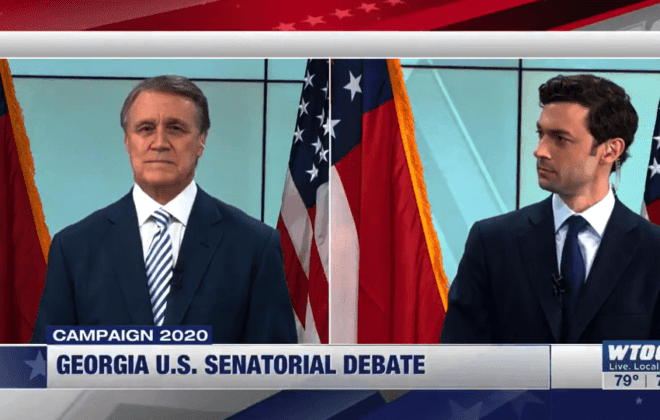China Assumes World Power
SIMPLE & QUICK: While the United States deals with its Russian weapon-in-chief problem, China’s middle class becomes the global market’s darling and with market power so goes global power
Just before the pandemic, American media was aflutter with the NBA, Hollywood, and other large corporations and American entities kowtowing to the rising economic power of China. Simultaneously, citizens in Hong Kong were in the streets, rioting. The riots are against proposed regulations that limit Hong Kong autonomy. The regulations will also allow extradition of political dissidents to mainland China and further the political preparation of the international banking hub’s re-annexation by the People’s Republic.
Quick history: the city of Hong Kong was previously a British colony. In 1997, Hong Kong was handed back to the Chinese with an understanding that it would remain economically and politically independent from the People’s Republic of China. Albeit the terms accepted, this of course has been challenged by China through political trickery and aggression. Over the decades, mainland China has been pushing the incremental erosion of Hong Kong citizen rights; and now, it appears China is preparing for the inevitable military grab to fully assume ownership of the city.
What does this mean for the United States of America? When President Richard Nixon “opened up” China to the USA, we responded in kind over the past 40 years by shipping hundreds of thousands of USA manufacturing jobs directly to them. The majority of manufacturing takes place in mainland China. where the labor is sometimes forced, always cost pennies on the US Dollar, and with over 1 billion available bodies, the labor is infinitely replaceable. The financing for all of this, however, goes through Hong Kong— not China.
So, what happens next? Will businesses in Hong Kong flock to Singapore or Seoul? Is this a new “Berlin” Cold War situation? No. A few businesses will leave the international hub, but those companies will be the outliers. Most Western business will remain because Chinese labor, albeit rapidly rising, remains cheaper and workers seen as expendable in the mainland. And that still means cheap goods for consumer-based economies— Western economies.
In China, operational regulations and oversight costs will remain negligible, and there will even be some short-term Chinese economic concessions given to consumer nations because of China’s initial transparency oopsie regarding the novel coronavirus outbreak and to “pardon the dust” in HK while it undergoes new management. The world will accept the apology.
What people will see is a relatively comfortable- for China– realignment of world power— and one in which the People’s Republic will assume the helm. Everyone will now rely on China’s success as the world once did with the success of the United States. China manufactures the goods, the medicine, and its out-sourcing is the cheapest! It also has a growing population of its own consumers to help maintain the cycle of manufacture, consume, and replenish without American exceptionalism.
On the flip side, Western powers may also use this global economic crisis as a means to re-establish their own in-house manufacturing and service sector capabilities. Countries such as the United States of America may legislate its way into rebuilding its own infrastructure. Perhaps Western governments will re-ignite old factories and establish new hybrid economies. New economies that rely on quality products that are made, serviced, and owned by those who make them.
Maybe voters will empower American lawmakers who will no longer enact policies that just benefit those who can afford to buy the think tanks who write the laws. Perhaps new legislation will no longer aim for max profit for shareholders and lobbyists over the human condition. But then again, perhaps, Taiwan— you’re next.





